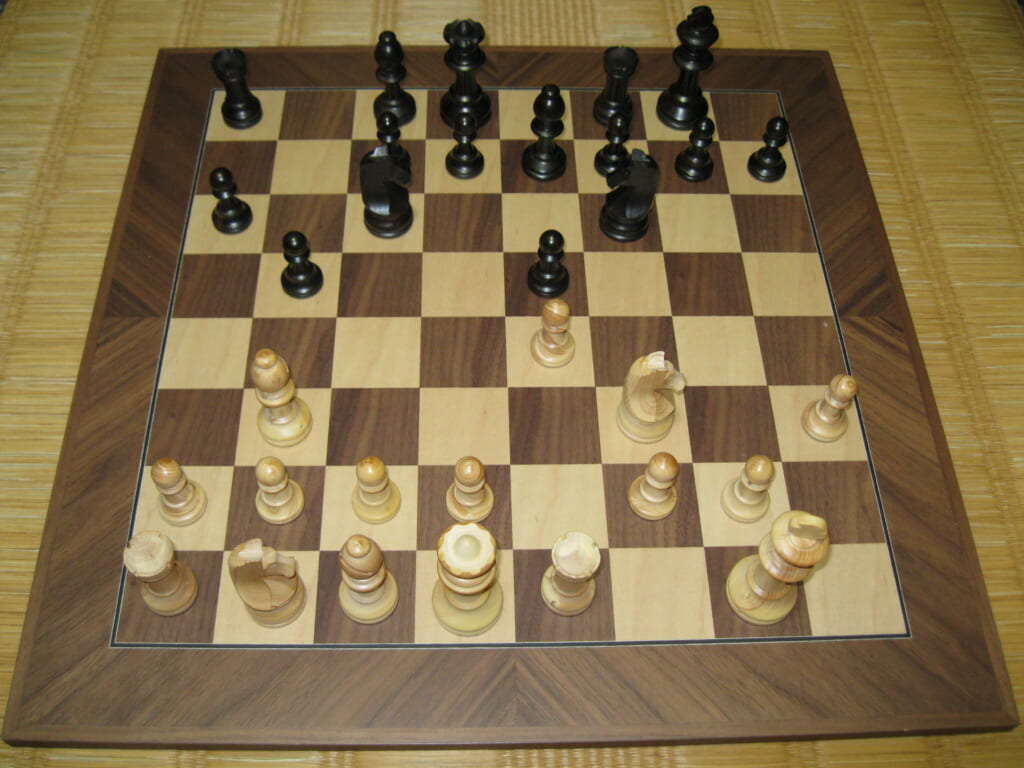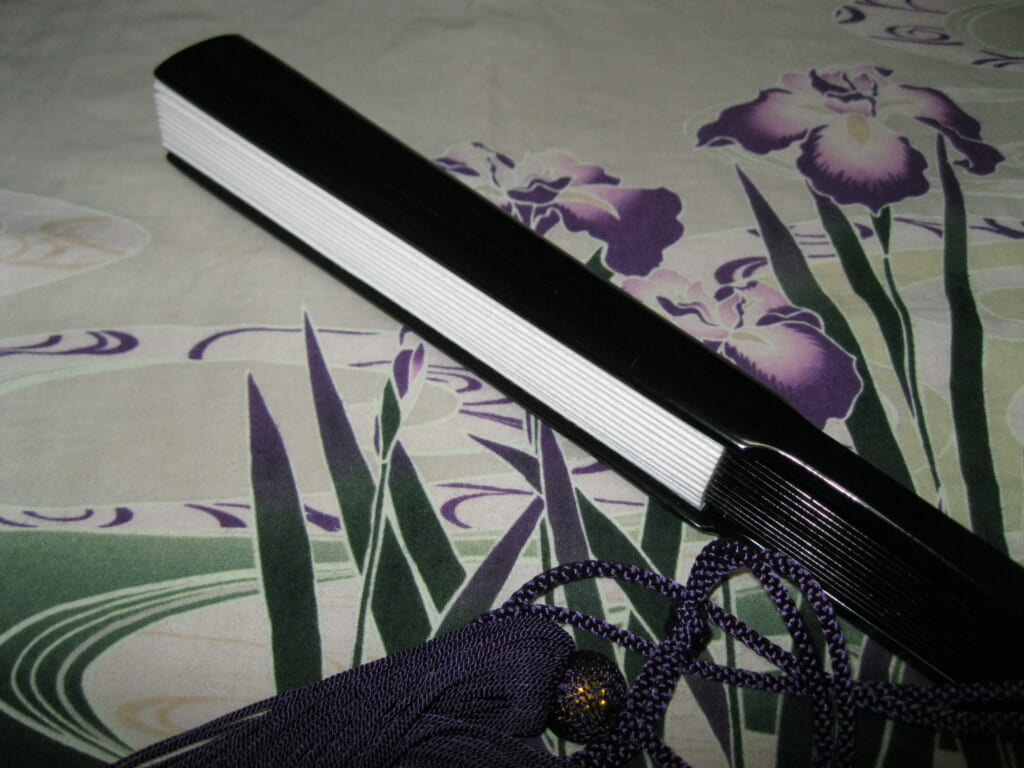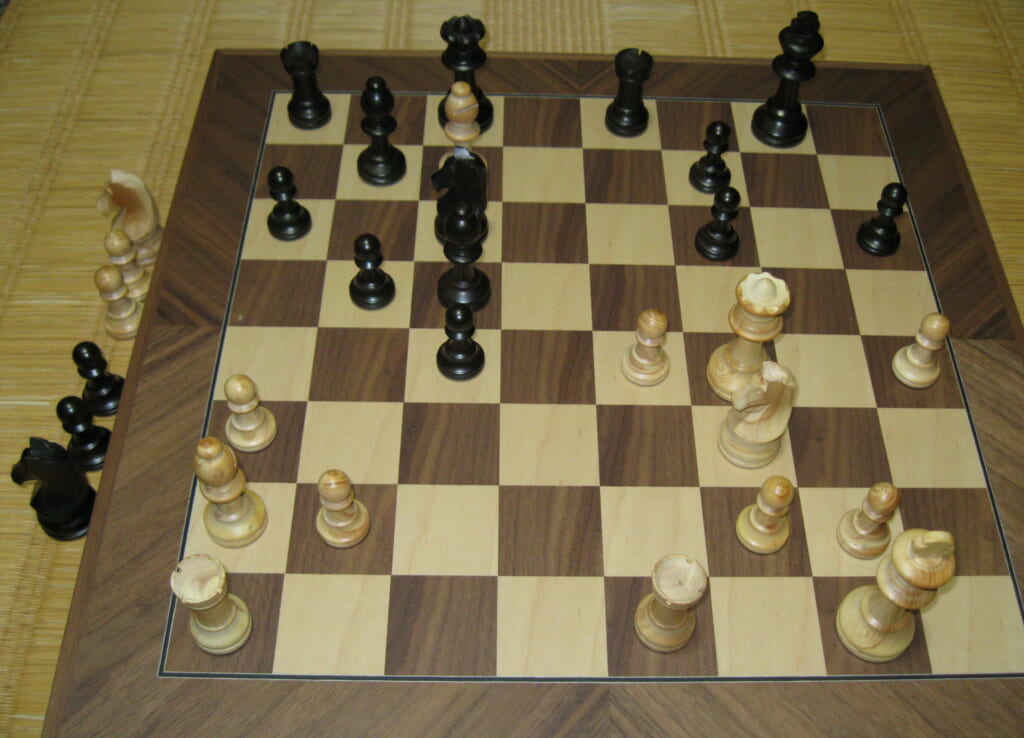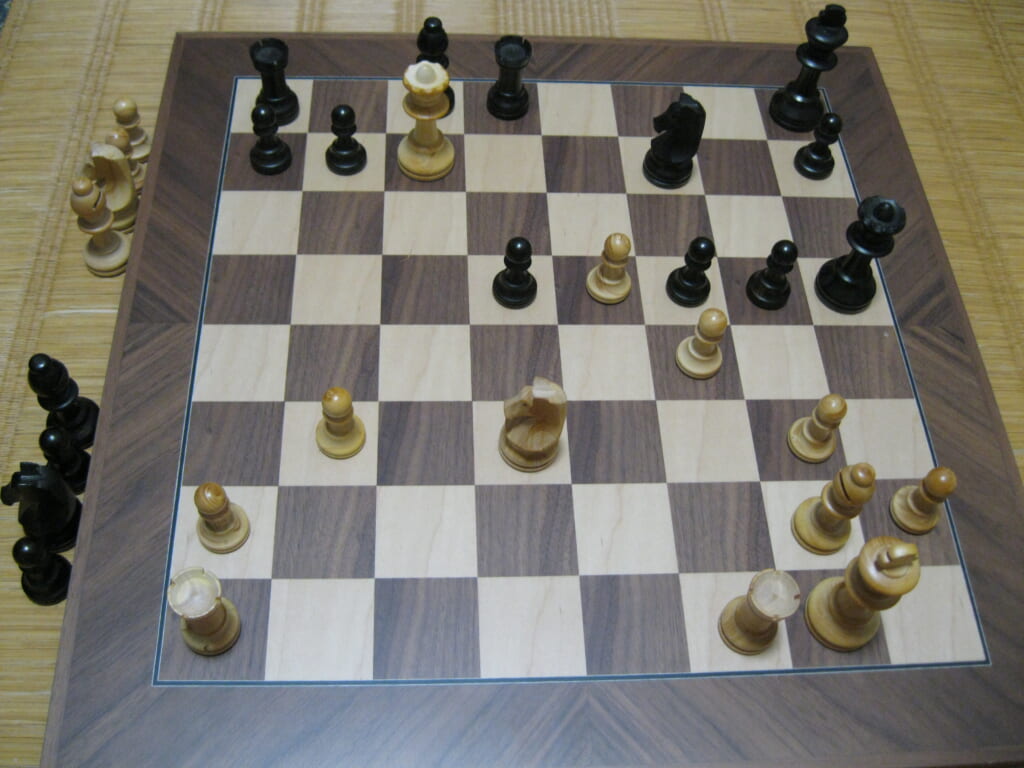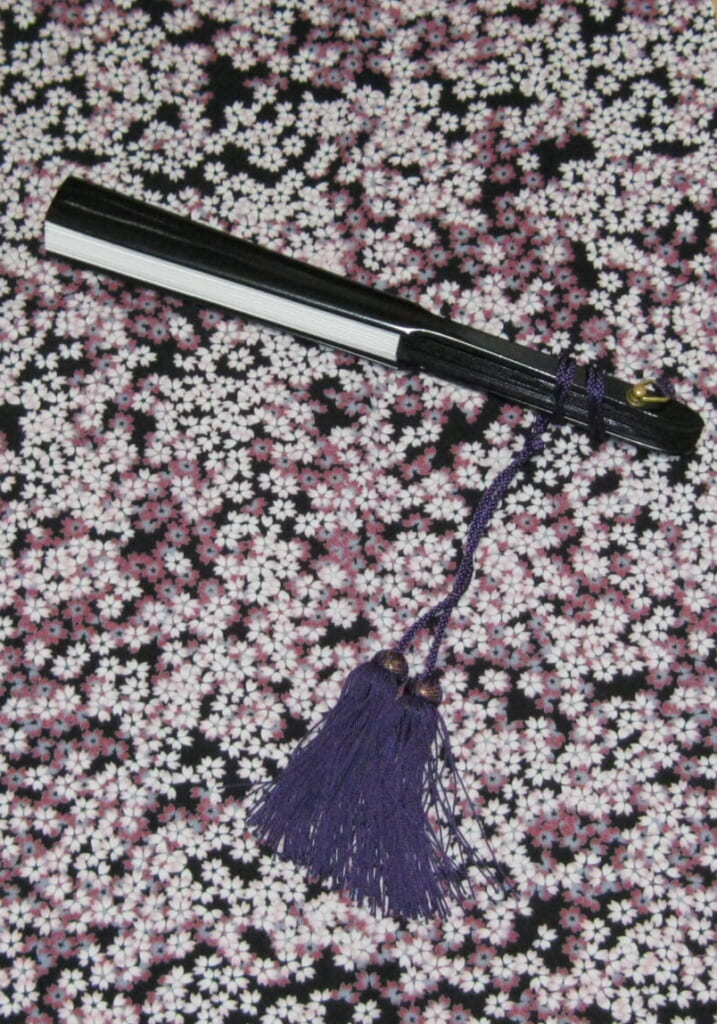
Hello, everyone! Ciao, a tutti!
Welcome to my game.
As you always are, I’m playing my own game, too.
What is the difference between Koryu & Chess?
If you agree the Garry Kasparov’s phrase “Time is precious”, I think it’s a good habit for our day-to-day lives, if we can get a process of trial and error in only a minute and enjoy to repeat it.
In front of our PC, or in our office, or on the phone talking to our clients, don’t we need such a habit to say to ourselves like “There’s no way to solve this problem. No. No …or …wait a minute. Wouldn’t it be nice, if I can make a double attack by this tiny pawn? Oh, is it possible? How is it possible? Why not? Yes, it seems a right way! OK! I like it! But then, is this the only way to solve this problem? Is there something else, a better way? Actually, if possible, I want to use this magical Knight at this moment…”?
In this point, Koryu is a nice way to repeat in our day-to-day lives, too.
A single Kata(形) training of Koryu usually costs under 20 seconds.
The basic move of Koryu costs only 1 or 2 or 3 seconds.
So, if we have one hour, we can get more than 1,200 times trial and error of the basic move of Koryu.
And of course, on chess, there are exciting Rapid & Blitz games.
Rapid game in 25 minutes with a 10 second increment.
Blitz game in 5 minutes with a 2 second increment.
They allow us really shorter time than Classical game.
Then, what happens?
By GM Maurice Ashley and GM Cristian Chirila in the broadcast of 2021 Paris Grand Chess Tour (day 4), GM Alireza Firouzja, a Blitz specialist, plays a thousand Blitz games in every single week online.
That means he tries amazing 10,000 different ways of Blitz in only 10 weeks.
Different 10,000 ways…yes, you know, “Opportunity”, Edison said, “is missed by most because it is dressed in overalls and looks like work.” This is what Garry Kasparov shows us as the Thomas Edison’s words in his book “How Life Imitates Chess”.
Maybe there are mistakes and blunders as much as successes and surprises in 10,000 ways.
In fact, sometimes it seems to be difficult to judge clearly if it’s a blunder or not.
GM Levon Aronian answers, “I don’t think it was a blunder. It was an interesting practical decision, because …” about the last game against GM Bacrot Etienne in 2021 Paris Grand Chess Tour: Day 1, when he and GM Cristian Chirila are looking back the game and Cristian Chirila asks, “Were you surprised by this, a blunder?”.
Quite sadly, their comments are too far from my poor ability of playing chess.
But again and again and again, we try different ways unwillingly not to solve the problem rather than a right way, when we start to learn chess and challenge problems.
It’s exactly same when we start to learn Koryu and practice Kata(形) training.
Both Koryu & Chess, I think these are really nice ways to get a habit of trial and error.
Thank you, best regards.
Grazie, buona partita.

